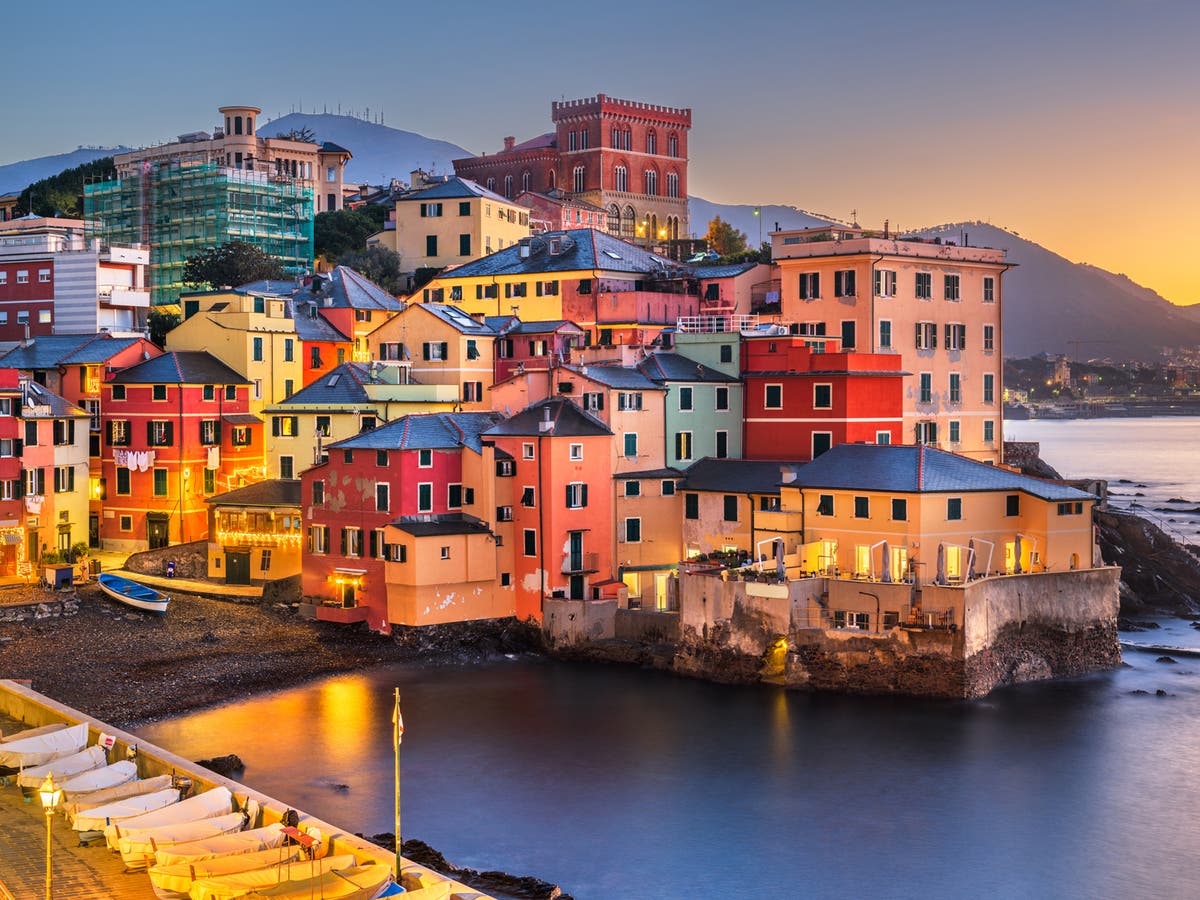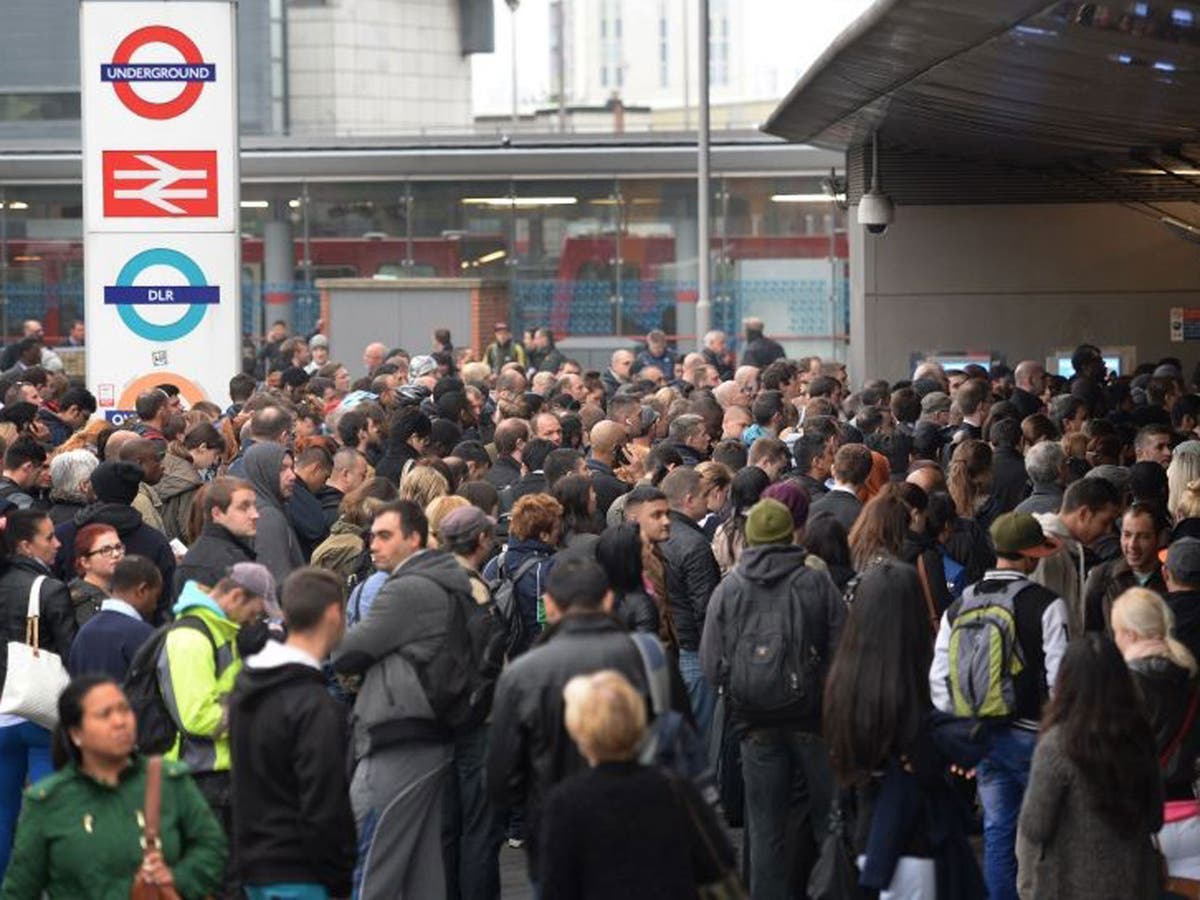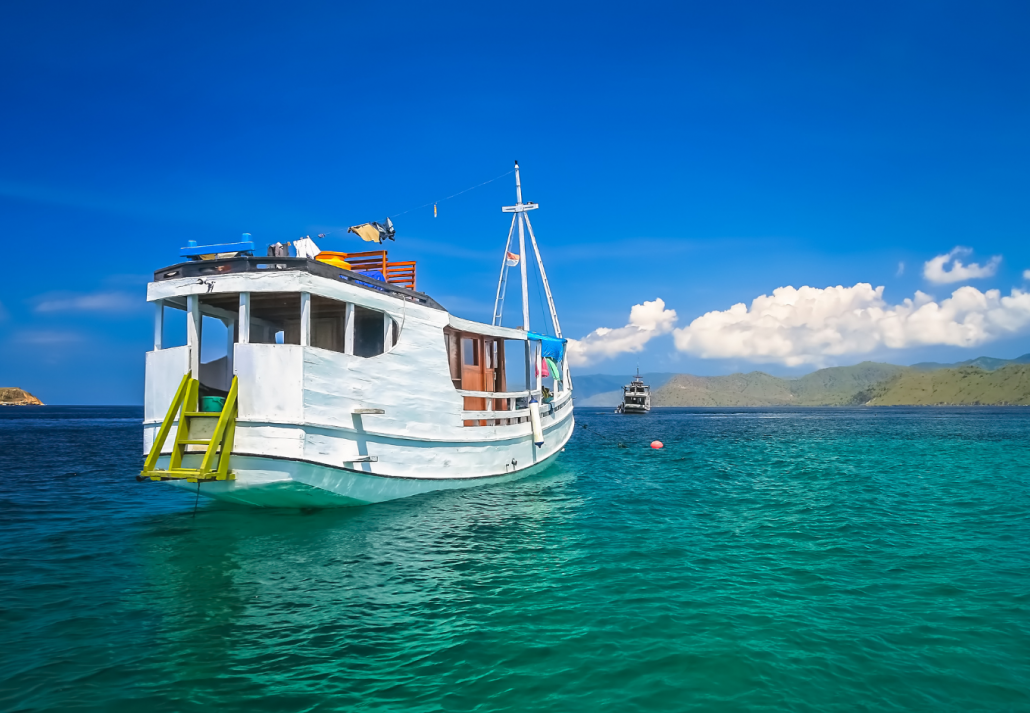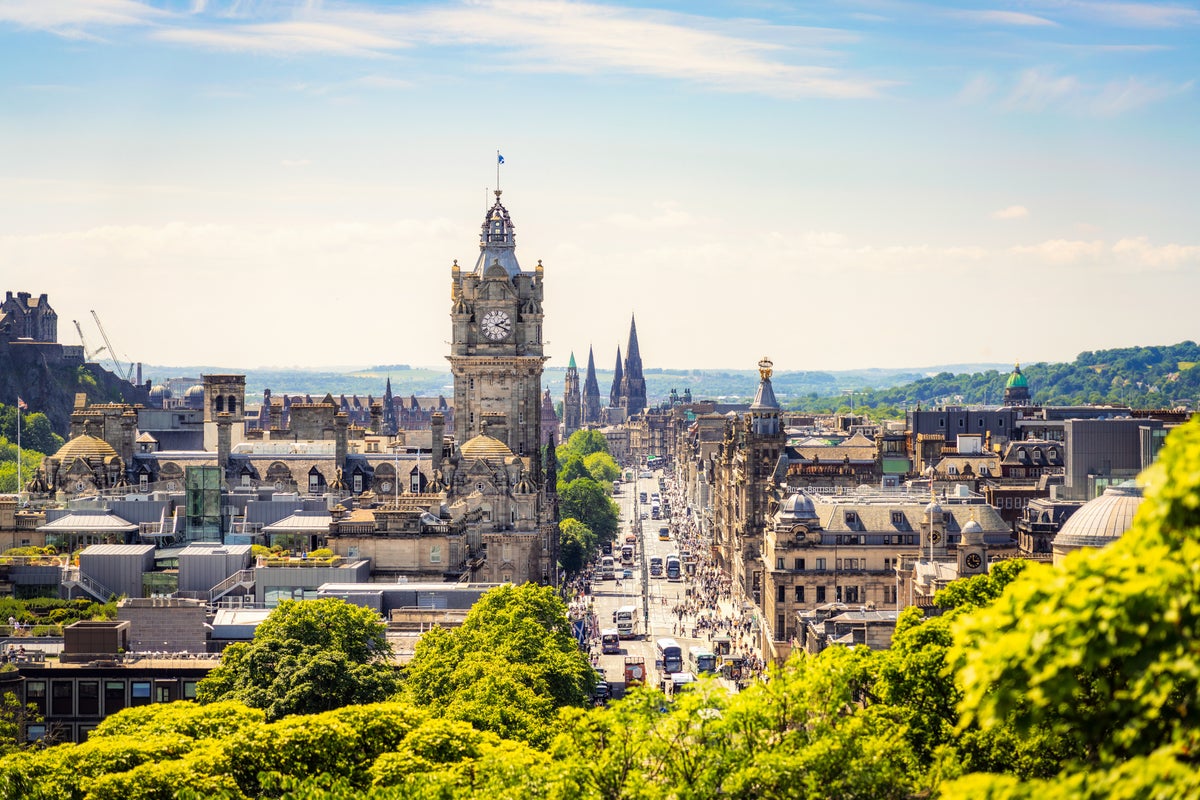Valencia for Barcelona and other holiday swaps to make to avoid the crowds
With pandemic travel restrictions a thing of the past, the thorny issue of popular cities and beauty spots being inundated with visitors has raised its head once more. Helen Coffey picks out some just-as-worthwhile alternatives to the traditional hotspots


Sign up to Simon Calder’s free travel email for expert advice and money-saving discounts
Get Simon Calder’s Travel email
After several years in which travel was severely restricted, 2023 was the year that holidays were back in full force – and 2024 is set to be even more jetset. UK travel agents’ association Abta has predicted that international travel will continue to grow in 2024, with passenger numbers achieving or surpassing pre-pandemic levels.
Though in many quarters tourist-starved destinations will be giving thanks for an uptick in visitors once more, in others, the balance has tipped swiftly from “just enough” to “overwhelming”.
The blight of “overtourism”, one of the defining words of 2018, seems to have returned. Places struggling under the weight of their own popularity have once again been forced to implement strategies aimed at curbing visitors, from Barcelona reducing the number of cruise ships that can call at its central port to Venice saying it will finally introduce new taxes for day trippers.
Aside from visiting a hotspot outside of peak season and going at a quieter time of the year instead, another way to ensure you don’t put more pressure on an oversubscribed beauty spot or city could be by swapping it for an undersubscribed one.
Want canals? Venice isn’t the only place to see them. Dream of visiting Incan ruins? There are far, far more options out there than Machu Picchu.
Here are some ideas of alternatives to help you travel more sustainably in 2024.
Read more on sustainable travel:
Swap Amsterdam for Utrecht
Often seen as the poster child for overtourism, the Dutch capital was so sick of lairy visitors that in March 2023 it launched a campaign to discourage disruptive tourists. It was a resounding success, with the number of arrivals from the UK down 22 per cent compared to 2019. While Amsterdam is still keen to welcome the “right” kind of tourist (no stag dos, please), there are plenty of other Netherlands alternatives where you can enjoy traditional gabled houses, peaceful canals and top-notch museums and restaurants. The city of Utrecht is just a 25-minute trainride south of Amsterdam, and is replete with classic Dutch architecture, waterways and narrow, historic streets. Plus it has its own Medieval centre to rival the capital’s.
Swap Venice for Genoa
Venice frequently hits the headlines due to locals complaining that the city is overwhelmed by visitors. Massive cruise ships and daytrippers are particular issues, leading the Italian city to ban cruise ships from the Venice lagoon in 2021, to announce plans to ban loudspeakers and large tourist groups, and to implement a €5 fee for those on daytrips entering the historic centre from summer 2024. While Venice’s beguiling mix of Venetian Gothic architecture, unknowable warren of streets and sublime network of canals is one-of-a-kind, if what you want is an authentic Italian fix minus the tourist hordes, oft-overlooked Genoa should fit the bill. This handsome port city (the birthplace of pesto, FYI) has a low-key charm, its own maze of narrow caruggi alleyways, and splendid Renaissance palaces alongside modern silhouhettes designed by Genoa-born starchitect Renzo Piano.
Swap Machu Picchu for Choquequirao
When people think of Incan ruins, they think of Peru’s Machu Picchu, the 15th-century citadel set high in the Andes. But the site was so overrun with visitors that in 2017 it was forced to introduce a ticketing system; in 2019, the rules were made even stricter, with tourists required to select specific time slots and arrive within one hour of them or risk being turned away. Travellers can still scratch the itch by opting to see Choquequirao instead, an Incan site in southern Peru’s Andes that’s very similar in structure and architectural style to Machu Picchu. Only reachable on foot or by mule, Choque, as it’s known by locals, features ceremonial halls, chambers that once held mummies, terraces, and hundreds of buildings that housed Incan people.
Swap Barcelona for Valencia
Another European destination where locals have suffered at the hands of overtourism, with rents skyrocketing as residents were pushed out to make way for more lucrative holiday accommodation, Barcelona has taken various measures to crack down on the “too many visitors” issue. The latest was the decision to cut the number of cruise ships able to dock at its central port from 10 to seven. Plus, from 2024 it’s increased the municipal tourist tax from €5.25 to €6.75 per night for guests staying in five-star hotels, with the sum paid to Barcelona’s Generalitat and the City Council. If what you’re after is a slice of Spanish culture on the coast where you can combine a city break with hitting the beach, simply head slightly further south to Valencia. Spain’s third city blends laidback charm with a magnificent old town, incredible and affordable eats (including copious paella), an enviable seaside location and a wealth of museums and galleries in its City of Arts and Sciences.
Swap Dubrovnik for Zadar
Perhaps the best example of a popular TV series wreaking havoc on a destination, Dubrovnik, with its beautifully preserved, Unesco-listed walled city, has suffered from overpopularity since it played a starring role as a backdrop in Game of Thrones. It’s another spot where cruises are a problem; in 2019 the Croatian city capped the number of ships that can dock each day to two, carrying a maximum of 5,000 passengers between them. And in 2023, a “Respect the City” campaign introduced new measures for visitors, including bans on walking around in swimwear, driving without special permission, eating and drinking around cultural monuments and climbing on the city walls. Other Croatian coastal cities exist, however. Take Zadar on the Dalmatian coast: it’s Croatia’s oldest city, with ancient Roman ruins, Venetian-era cathedrals, chess board castles, blissfully quiet national parks, vineyards, and an array of nearby idyllic islands to hop on a ferry and discover.
Swap Angkor Wat for Beng Mealea
Cambodia’s famed temple complex, officially the largest religious structure in the world, attracts around a whopping 1,000 to 1,500 tourists per day. The tourism boom led to informal settlements springing up, causing damage to the local environment by producing rubbish and overusing water resources. While spectacular, Angkor Wat is not the only Cambodian set of temples worth your time. Located 40km east of the main group of temples at Angkor and 70km outside Siem Reap, on the ancient royal highway to Preah Khan Kompong Svay, 12th-century Beng Mealea receives a fraction of the visitors. It’s built to the same floor plan as Angkor Wat and features dark chambers, a well-preserved library and intricate carvings.
Swap Santorini for Syros
The star of Greece’s Cyclades islands, Santorini, with its white-washed, blue-roofed buildings, is mobbed by snap-happy tourists in peak season keen to capture the perfect Instagram shot. It subsequently struggles with the sheer volume of visitors; a small island, it nevertheless receives around two million visitors a year, making it one of the most-visited destinations in Greece. But other, lesser-spoken-of islands in the Cyclades have all the Santorini-style charm minus the crowds. One example is Syros: it boasts a picturesque port, Ermoupoli; neoclassical architecture; a burgeoning farm-to-fork food scene; and tranquil coves for boat adventures. Plus it’s just a half-hour ferry ride away from Mykonos, or two to four hours by sea from Athens’ port.

 JaneWalter
JaneWalter 































